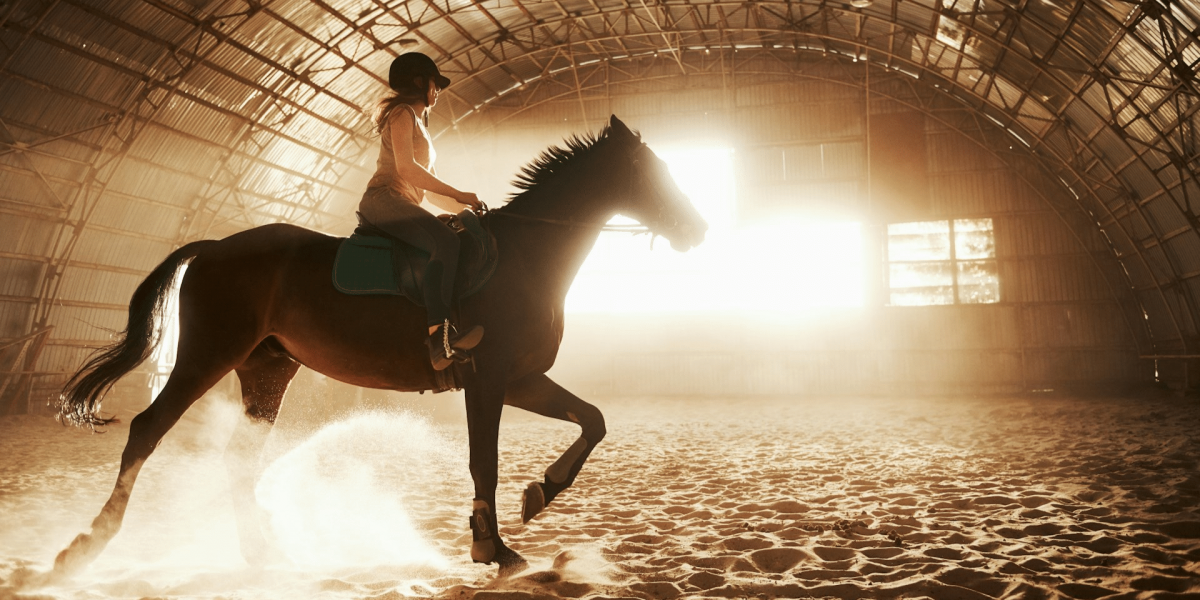Horse racing in Kentucky is a celebrated tradition that dates back to the late 18th century. Known as the “Horse Capital of the World,” Kentucky hosts some of the most prestigious horse racing events and is home to renowned breeding farms and training facilities. This article delves into the rich history, significant events, and the cultural and economic impact of horse racing in Kentucky.
The History of Horse Racing in Kentucky
Horse racing in Kentucky began in the late 1700s when settlers brought their love for the sport to the region. The first recorded race took place in 1789 in Lexington, which quickly became the center of horse racing in Kentucky. The state’s fertile soil, ideal climate, and rich bluegrass pastures provided perfect conditions for breeding and training horses.
The development of race tracks played a crucial role in establishing Kentucky as a premier horse racing destination. The Kentucky Association Track, established in 1828 in Lexington, was one of the earliest tracks, setting the stage for future developments. Churchill Downs, opened in 1875 in Louisville, became the most famous race track in Kentucky, hosting the inaugural Kentucky Derby, which has since become an iconic event in American sports.
Major Horse Racing Events
The Kentucky Derby is the pinnacle of horse racing in Kentucky and one of the most prestigious horse races in the world. Held annually on the first Saturday in May at Churchill Downs, the Derby is the first leg of the Triple Crown. It attracts top horses, jockeys, and trainers from around the globe. Known as “The Run for the Roses,” the race covers 1.25 miles, and the winner is draped with a blanket of 554 red roses.
The Kentucky Oaks, held the day before the Derby at Churchill Downs, is another significant event. This Grade I stakes race is for three-year-old fillies and spans 1.125 miles. The Oaks is a celebration of the best female horses and draws large crowds and high-stakes bettors, making it a vital part of Kentucky’s horse racing culture.
Keeneland Race Course in Lexington is another historic venue that hosts major racing events. Established in 1936, Keeneland is known for its picturesque setting and prestigious meets held in April and October. The track also serves as a major auction house, where some of the finest Thoroughbreds in the world are bought and sold.
Horse Breeding and Training
Kentucky is home to many of the world’s most renowned horse breeding farms. The state’s bluegrass pastures provide the ideal environment for raising Thoroughbreds. Farms such as Claiborne Farm, Lane’s End, and Ashford Stud have produced numerous champions and have become synonymous with excellence in horse breeding.
In addition to breeding farms, Kentucky boasts top-notch training facilities. These facilities provide comprehensive training programs to prepare horses for racing success. Facilities like the Thoroughbred Center in Lexington offer state-of-the-art amenities, including training tracks, swimming pools, and veterinary services, ensuring horses receive the best care and conditioning.
Economic Impact of Horse Racing
Horse racing is a significant contributor to Kentucky’s economy, providing thousands of jobs. The industry employs trainers, jockeys, veterinarians, farm workers, and various support staff. Additionally, race tracks, breeding farms, and training facilities create numerous ancillary jobs in tourism, hospitality, and retail sectors.
Horse racing attracts millions of visitors to Kentucky each year, boosting tourism and generating substantial revenue. Events like the Kentucky Derby and Keeneland meets draw tourists from around the world, who spend money on accommodations, dining, and local attractions. The economic impact of these events extends beyond the racing industry, benefiting the broader community.
Cultural Significance
Horse racing is deeply ingrained in Kentucky’s culture and heritage. The sport’s traditions, such as wearing elaborate hats to the Kentucky Derby and singing “My Old Kentucky Home” before the race, are cherished by locals and visitors alike. The state’s commitment to preserving its horse racing legacy is evident in the continued popularity of these events.
The horse racing community in Kentucky is tight-knit and supportive. Local businesses, schools, and organizations often participate in and support racing events. Community involvement is crucial in maintaining the vibrant culture of horse racing in the state, ensuring that it remains a significant part of Kentucky’s identity.
Challenges and Future Prospects
Despite its success, the horse racing industry in Kentucky faces several challenges. Issues such as animal welfare, doping scandals, and competition from other forms of entertainment pose threats to the sport’s integrity and popularity. Addressing these challenges is vital to ensure the sustainability of horse racing in Kentucky.
The future of horse racing in Kentucky looks promising, with ongoing innovations and developments aimed at enhancing the sport. Efforts to improve safety standards, implement stricter regulations, and promote ethical breeding practices are crucial. Additionally, the incorporation of technology, such as advanced training techniques and digital platforms for betting, can attract a new generation of fans.
Horse racing in Kentucky is a tradition that combines rich history, thrilling events, and significant economic impact. From the prestigious Kentucky Derby to the world-class breeding and training facilities, the state’s commitment to excellence in horse racing is evident. While the industry faces challenges, ongoing efforts to innovate and uphold ethical standards promise a bright future for horse racing in the Bluegrass State.














